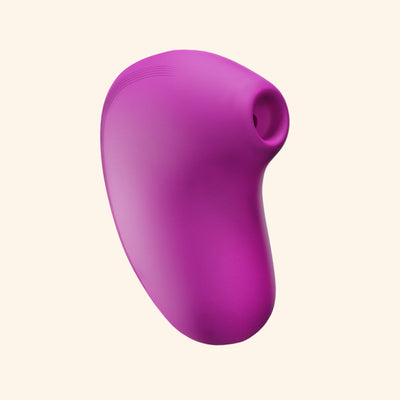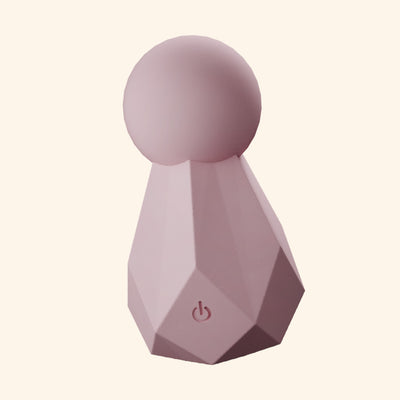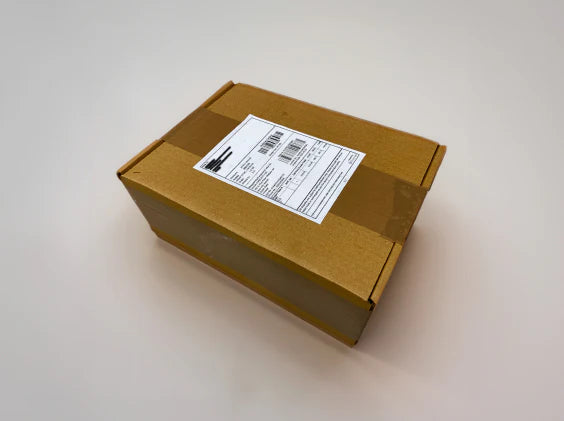Your cart is currently empty

Indian women have been reading about romance and sensuality for decades, often discreetly, through magazines and pulp fiction. From glossy women’s magazines to pulpy booklets sold at street stalls, these materials offered a mix of domestic advice, romance, and occasionally bold content. Here’s a look at the publications and stories that captivated readers.
Debonair: India’s Bold Magazine of the ‘70s and ‘80s

In the 1970s and ‘80s, Debonair pushed boundaries in a conservative India. Known as a Playboy-style magazine, it featured nude centerfolds, sex advice columns, and Bollywood-related content. Sold openly but often read discreetly, it appealed to readers curious about taboo topics.
Mastaram: The King of Hindi Erotica

Mastaram was a pseudonymous author—or possibly a collective—behind thousands of Hindi-language softcore booklets. Sold for ₹10–20 at railway platforms and paan shops, these crude, formulaic stories were widely circulated. “Slang and abuse make up (most of the) vocabulary,” says Mayank Shekhar in an Open article. Teenagers, men, and some women read them discreetly, drawn by their accessibility and provocative tales.
Regional-Language Pulp: Bengali, Malayalam, Tamil, and More
Pulp fiction thrived across India’s regional languages, blending suspense, romance, and scandal.
- Bengali pulp: Writers like Swapan Kumar and Dinen Roy penned crime-erotica thrillers, sold at station stalls and passed around discreetly.
- Malayalam & Tamil pulp: In the ‘80s and ‘90s, digest-style thrillers mixed mystery, ghost stories, and suggestive romance, appealing to readers seeking excitement.
- Marathi pulp: Stories featured strong female characters navigating love and betrayal, often with sensual undertones.
These booklets, rolled in newspapers or tucked away, were read quietly—on commutes, in hostels, or between chores.
Grihshobha & Meri Saheli: Romance in Disguise

Grihshobha and Meri Saheli, popular Hindi women’s magazines, blended recipes, parenting tips, and fashion with romantic short stories. These tales of love and desire, serialized in multiple languages, offered subtle sensuality for housewives and other readers. Just look at the ‘sexy stories’ archive of Grishobha!
Femina and Woman’s Era: Modern and Bold

By the late ‘90s, Femina and Woman’s Era embraced bolder content. Advice columns and reader stories discussed relationships and intimacy, packaged respectably as guides to “rekindle the spark.” These magazines catered to urban women seeking modern perspectives on love.
Savita Bhabhi & Saras Salil: Comics and Confessions

Savita Bhabhi, a popular erotic comic series launched in 2008, featured a sari-clad housewife in provocative storylines. Banned in India but accessible online, it gained a cult following.

Saras Salil, a Hindi weekly, mixed astrology, politics, and reader-submitted stories with romantic or suggestive themes, offering a unique blend of content. Just look at this article on the importance of dirty talk during sex!

From Print to Audio: The Rise of Digital Erotica
Erotica has gone digital, with platforms like Storytel offering audio stories in Hindi, Bengali, Marathi, and other languages. These female-led, female-voiced narratives focus on relatable themes, providing a discreet way for women to explore sensuality through headphones.
Final Thoughts
From Mastaram booklets on trains to Grihshobha in living rooms, these publications provided escape and curiosity through romance and sensuality. Read discreetly, they offered women a glimpse into worlds of desire, shared in quiet moments or private spaces.
About the Author:
Madhu (she/her) has been an avid reader of all things spicy since her childhood. She writes sassy blog posts and listicles now so that others may benefit from her wholly inappropriate, wholly informative tastes, too.











